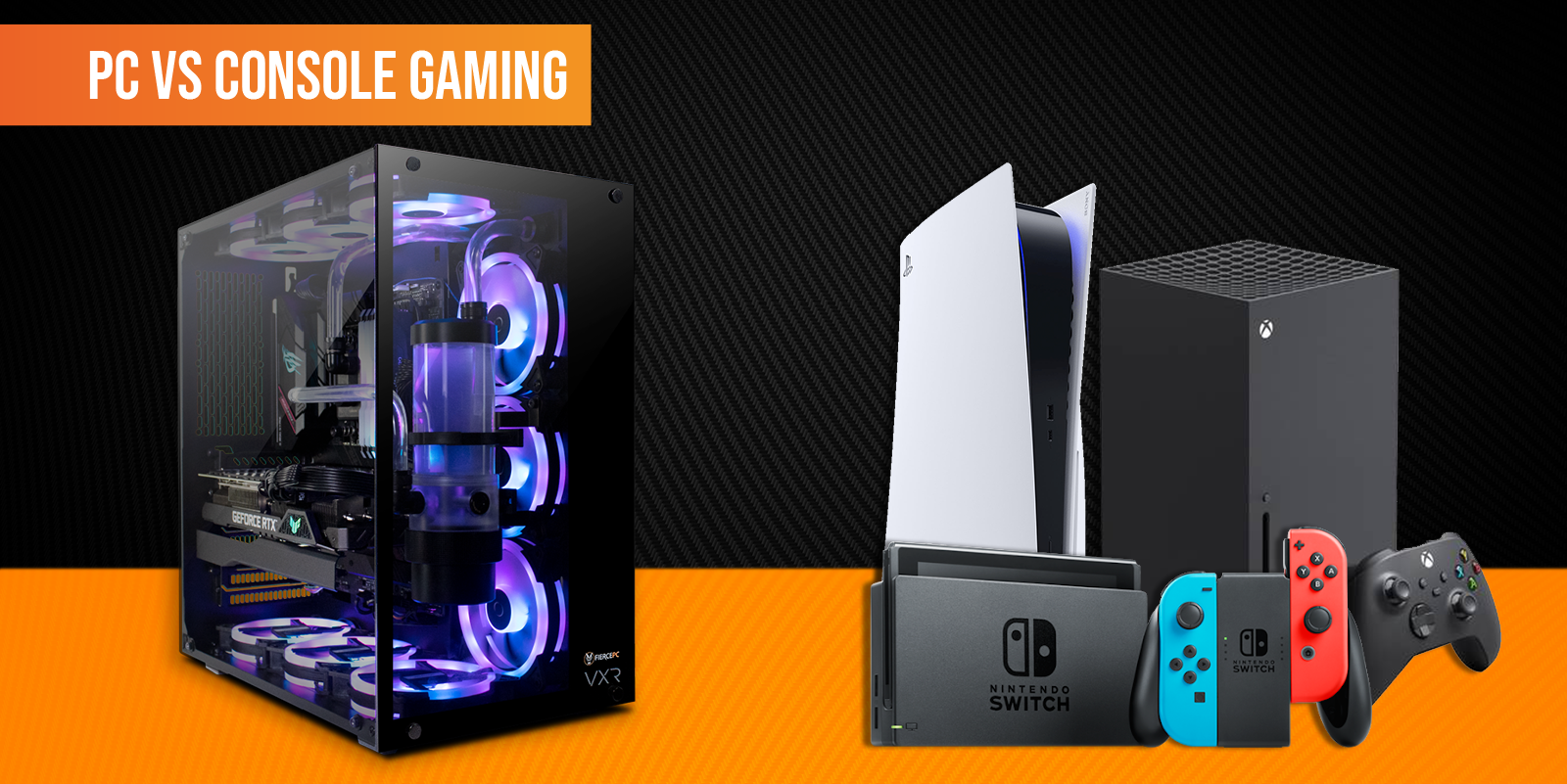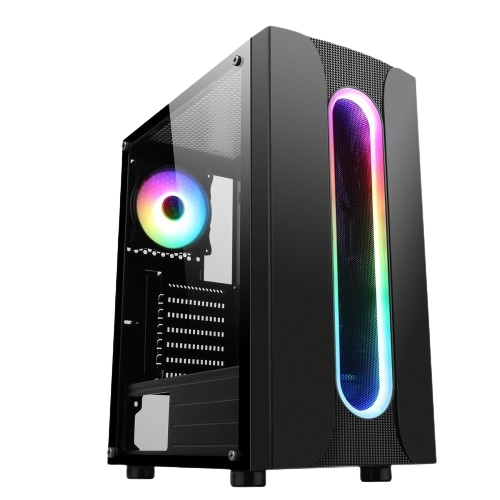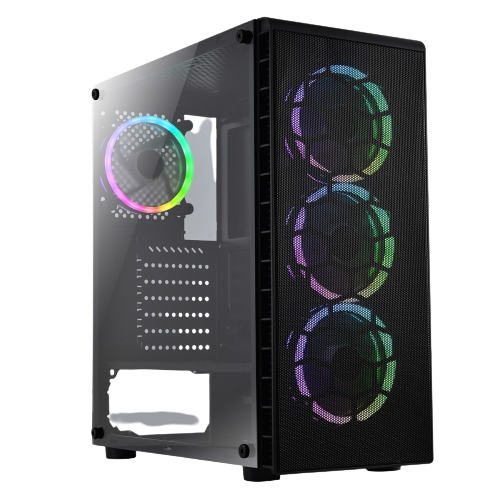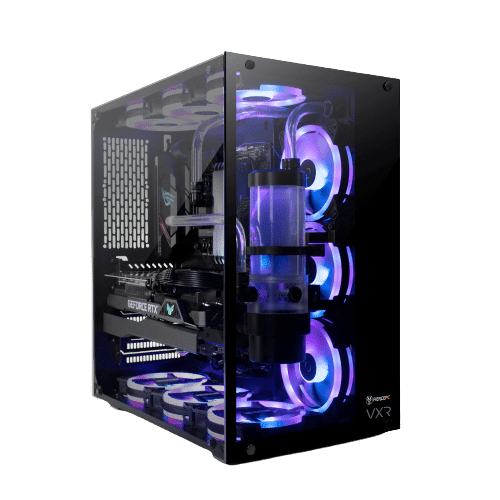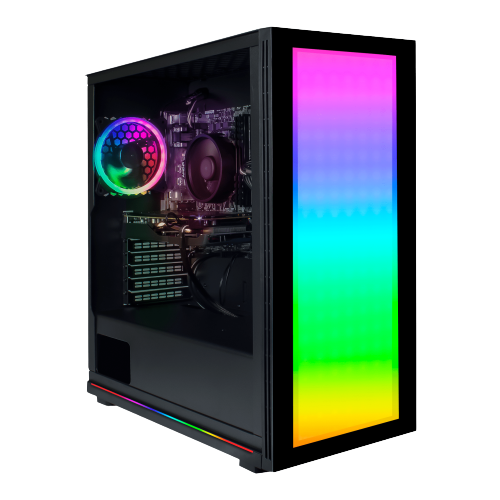PC Vs Console Gaming
This form is protected by reCAPTCHA - the Google Privacy Policy and Terms of Service apply.
Don't have an account?
Creating an account has many benefits: check out faster, keep more than one address, track orders and more.
Video gaming has come along way. But one of the oldest and most fierce debates in the gaming circles has always been between; What is better, PC or Console gaming? The spirited debates that pit gamers against each other never yield conclusive results. That's because the choice on which of the two is a better gaming platform is not straightforward.
Let’s attempt to put this ancient battle to bed by comparing both platforms and what they offer to gamers. The results might surprise you.
Types of PCs and Consoles
Gaming PCs and consoles are not built equal. There are different types of gaming PCs and different brands and models of consoles. Disseminating the different types of PCs and consoles is the ideal place to start within this debate.
PCs – Desktops Vs. Laptops
Before delving into the differences between PCs and consoles, it's imperative to address the battle between desktops and laptops. Luckily, this is a relatively easy one.
At the mention of a gaming PC, most people think of a powerful rig fitted with LED lights and a magnificent cooling system.
But, there are gaming laptops as well. 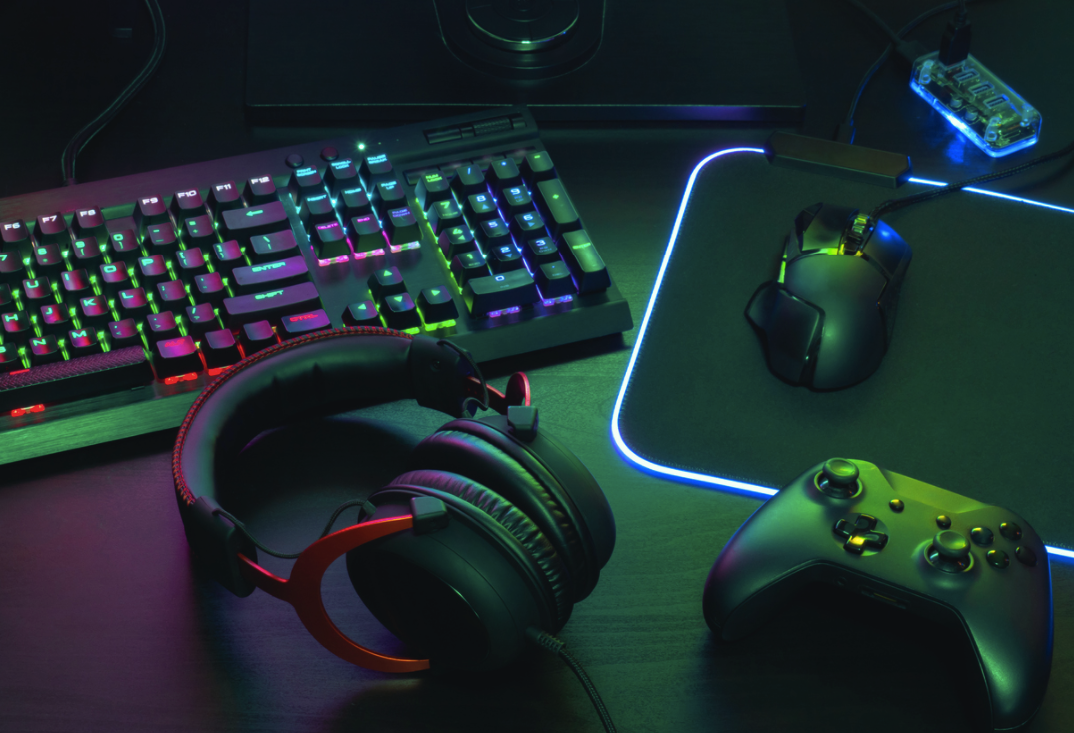 Gaming laptops are ideal for gamers who are always away from home, love travelling or don’t stay in one place for too long. They feature just enough processing power and graphics to provide you with a commendable gaming experience while on the road.
Gaming laptops are ideal for gamers who are always away from home, love travelling or don’t stay in one place for too long. They feature just enough processing power and graphics to provide you with a commendable gaming experience while on the road.
However, a gaming desktop is always a better pick in terms of experience and performance. Laptops are often underpowered and are harder to keep cool given the smaller chassis.
Some gamers will often turn to external graphics to divide the load and improve performance. Despite the substantial price tag that comes with purchasing an external graphics card, the bandwidth limitations of the laptop mean that even with the external graphics card, your laptop won't be as fast as a desktop with the same GPU.
Also, having an external GPU can take away your gaming laptop's portability, which is one of its main strengths.
No matter how you look at it, a gaming desktop is a far better investment than a gaming laptop. It offers better performance and value for money.
But if you spend a lot of time away from home and would like to take your games with you, a gaming laptop could also come in handy.
Consoles
Like gaming PCs, consoles come in different brands and varying specifications hence varying performance and gaming experiences.
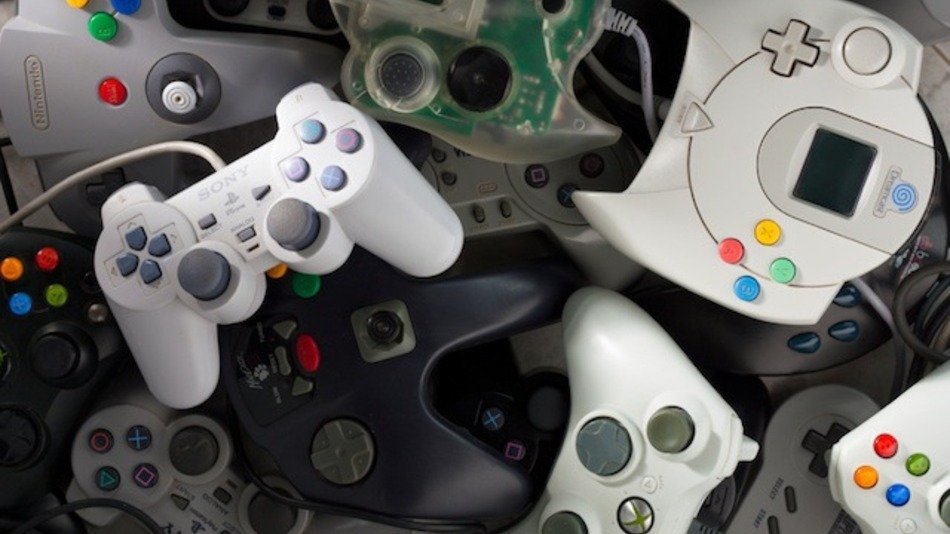
The leading players in the console gaming industry are Sony, Nintendo and Microsoft. Each brand has a different console.
Sony has the PlayStation, Microsoft has the Xbox, and there’s the Switch from Nintendo.
Of the bunch, the PlayStation and the Xbox pack the most powerful and feature a wide selection of games, most of which are also available for PCs. On the other hand, Nintendo focuses on innovation and first-party titles that you can't find elsewhere.
Although it’s not easy to compare Nintendo’s Switch to gaming PCs, the other two are much easier to compare to PCs.
Gaming PCs Vs. Gaming Consoles
When it comes to gaming PCs and gaming consoles, there’s no outright winner. The best approach is to compare different categories critical to gamers to help you make the ideal choice depending on your preferences.
Price
Consoles
Consoles take credit for making gaming mainstream because they are more affordable and convenient than most gaming PCs.
The most sophisticated consoles' cost is usually around the same price as a budget gaming PC without the peripherals.
Consoles are the most convenient to start with, and they are also more cost-efficient in the long-term. With proper care and maintenance, the console will easily last you about seven years. During this period, you don’t have to worry about the hardware becoming outdated. You can play all the games released for the platform.
Gaming PCs
Gaming PCs are not standardised hardware platforms like gaming consoles. You can customise your gaming PC using different components. That also means the prices vary wildly too. The best way to assess the price of a gaming PC is based on its performance category. Gaming PCs are divided into five main performance categories:
Entry-level – Entry-level gaming PCs are basic and low cost. They are not the best-suited for gaming and often struggle to run most newer and more demanding games. However, for new gamers willing to start slow or have a restricted budget, they are an excellent place to start.
Our top pick for Entry-level gaming PC's:
Ironwing
Savage
Budget gaming PCs – These have more reliable performance while keeping the price tag low. They are capable of running the latest AAA games but with toned-down settings. Keeping up with the ever-changing gaming world will require that you purchase some upgrades for your budget PC every few years to keep it from becoming obsolete.
Our top pick for Budget gaming PC's:
Phoenix
Mid-range – PCs falling in this category offer a balance between performance, cost and longevity. They are ideal for intermediate gamers or new gamers with a more flexible budget and want to experience the best of gaming right out of the gates.
Our top pick for Mid-range gaming PC's:
Basilisk
High-end PCs – High-end gaming PCs boast most of the best hardware on the market. They are costly but make up for the dent in your finances with the best gaming experience and performance. High-end gaming PCs will easily handle the latest AAA games. Although high-end gaming PCs are costly at first, they can last a long time before requiring an upgrade, which can save you money in the long run.
Our top pick for High-end gaming PC's:
The Arcane
Enthusiast – Enthusiast PCs push the limits. They feature cutting-edge hardware, and that means the price is often through the roof. Very few people are able or willing to spend on this category of PCs which is where the ‘Enthusiast’ name comes from.
Our top pick for Enthusiast gaming PC's:
Aristo
When discussing pricing, it’s more than just the money you pay for processing power. There are several more pricing factors to consider before choosing which platform will work best for you.
Display pricing
With both gaming PCs and a console, you will need a display. A decent one will set you back a few pounds. Buying a display for your gaming PC is easier, and they are much cheaper. For consoles, a TV is the most preferred option, and these can be costly, especially if you’re going for the latest TV display technology. However, you can also use a monitor for your console.
Game pricing
Once you have your hardware set up, you will need the actual games. There are physical and digital games. In terms of physical games, consoles are PCs are equal. But, with PC games, there are lower chances of purchasing a physical game.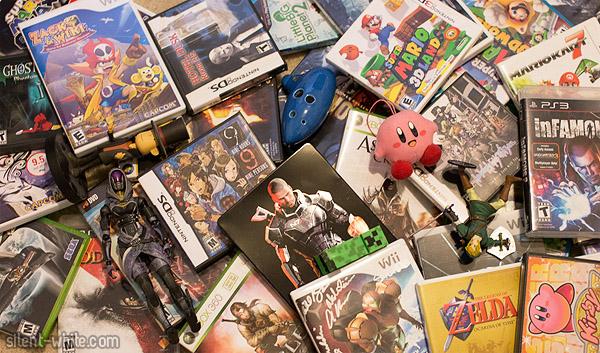
PCs are best suited for digital games, and they win this category hands down. With platforms like Steam, GOG, and Storefronts known for their incredible sales and discounts, digital game come at rock bottom prices.
Consoles are more restricted in their online marketplaces. In most cases, physical and digital games retail for almost the same prices. PCs take this round.
Membership pricing
Membership pricing could make or break your gaming budget. PCs charge you close to nothing if anything to play online. It’s an easy win for PCs.
For consoles, the membership price differs depending on the brand. Nintendo is the most affordable, while Xbox and PlayStation are more exorbitant. The latter two have monthly games and discounts that soften the blow, but this doesn't get close to the sales and discounts that PC gamers enjoy on platforms like Steam.
Games
Games are an essential aspect of any gaming platform. It's another centre of competition for both PC gaming and console platforms.
Game selection
There’s no significant gap between most console and PC releases, save for exclusive titles. Most console exclusives are first-party titles often developed by the console manufacturer to boost their brand and hardware sales.
Although you can’t find these versions on PC platforms, there are also entire PC genres of games that are absent from consoles. These include MMOs, strategy games and MOBA games. In addition to the vast selection of games, PCs also have a vast range of mods and a vibrant indie scene. PC gaming takes a slight edge over consoles with regards to game selection and diversity.
Purchasing games
There are two ways you can buy games. The first is by purchasing a digital copy or buying retail physical copies. With physical copies, you can resell them. Better yet, get them cheaper if you buy them used. You can't do this with digital copies if they are account-bound.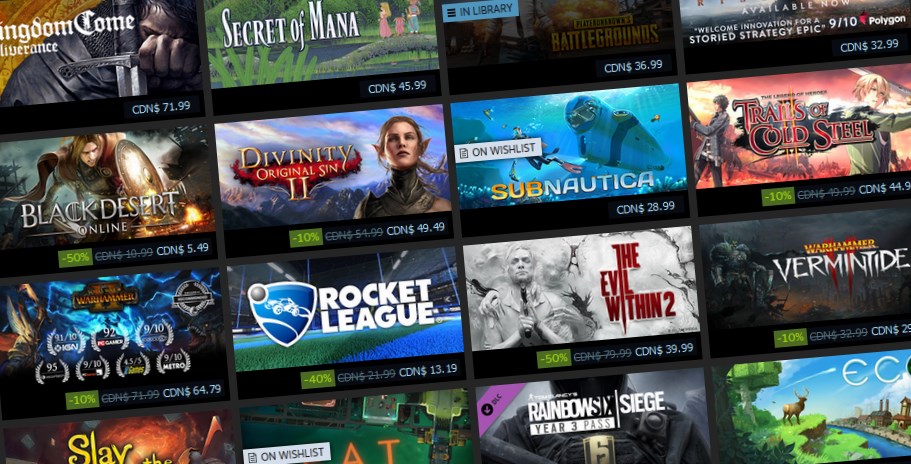
PC games rarely get physical game releases anymore. Even though you will still find PC games in stores, they are usually activation codes for a game you have to download online.
There's no shortage of methods of acquiring new games for both consoles and PCs. However, PCs have a broader market, including 'grey markets,' which sell and resell games. Once more, gaming PCs have a slight edge over consoles in terms of game acquisition.
Compatibility
In most cases, all games released for a specific console will work well for that console. It's not out of the ordinary to find that some of the hardware has become obsolete and can't process the game, or the console isn’t optimised for a particular game.
PCs have the same concerns. Some releases are riddled with crashes and bugs. With PCs, this often happens because the PC could be using hardware from different generations. That’s why with PCs, optimisation is slightly more problematic.
Consoles are much easier to standardise, and the games are more compatible, resulting in a better gaming experience. Consoles win this category.
Backward compatibility
While discussing gaming compatibility, you should also consider backward compatibility.
PC backward compatibility
PCs are excellent on this front. With numerous built-in compatibility modes, outlets like GOG, which help old broken games work on modern systems, and user-made fixes, your PC gaming library can roll back further than the existence of some of the consoles.
With the addition of emulators and using the proper hardware, you can also emulate most old consoles up to PS3 and Xbox 360 for now.
Nintendo backward compatibility
Previously, Nintendo was amazing in backward compatibility. The brand had most of its games playable on its modern system, including the Wii Virtual Console and the Wii U/3DS virtual consoles. The release of the Nintendo Switch took away this vital feature. Of all the consoles, Nintendo scores the least in terms of backward compatibility.
PlayStation backward compatibility
Just like Nintendo, PlayStation had done an excellent job making all their previous games playable on modern systems. Initially, PS3 could play PS2 and PS1 games, but later models removed the PS2 compatibility to make the console more affordable.
PS4 didn't have any direct backward compatibility. Only PS Now, which is a subscription service that allows you to stream PS3 titles. Luckily, PlayStation 5 is backwards compatible, which is quite commendable.
Xbox backward compatibility
As far as backward compatibility goes, Xbox has excelled. Although it is also limited, the Xbox One is backwards compatible with most Xbox and Xbox 360 games. Also, the Xbox Series X is compatible with four generations of Xbox.
PCs are more backwards-compatible than most consoles. Although some consoles have some level of backward compatibility, it's often limited, which means gamers can't enjoy all their favourite games from the previous titles.
VR Gaming
Virtual Reality is a new technology that has taken the gaming industry by storm. Both Consoles and VR gaming PCs have made some sort of adjustments to incorporate VR gaming into their platforms.
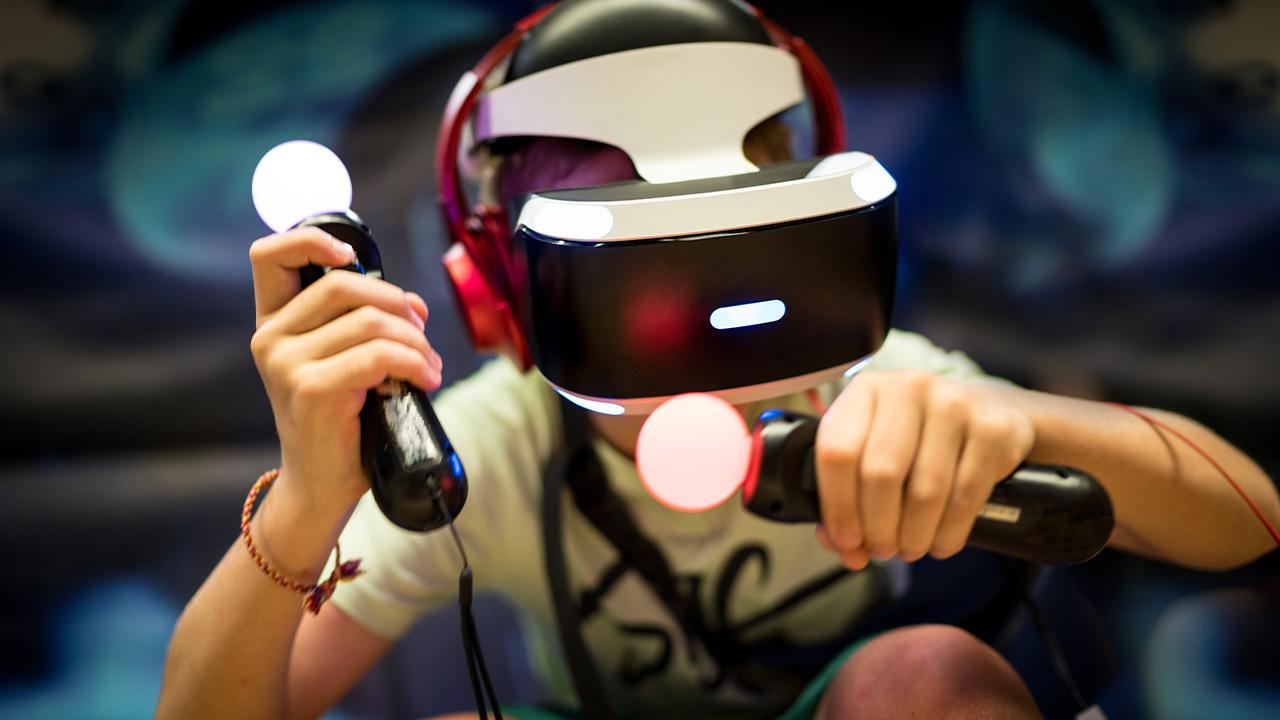
For consoles, the PS4 offers a VR headset. On the other hand, Gaming PCs have several headsets you can use – the most popular among them being the Oculus Rift and the HTC Vive.
Although the PS VR is commendable, it is inferior to the PC alternatives in various aspects, including the outdated tracking technology and in terms of power and performance.
For the best experience, it’s often recommended to use a more powerful PC for the full VR gaming encounter. The only benefit that comes with some of the available console VR headsets is that they are more affordable. But that also speaks to their performance and features.
Once more, gaming PCs score big in terms of offering an excellent VR gaming experience. Although you have to dig deeper into your pockets, it’s worth it.
Upgradability
After purchasing your preferred gaming rig, you have to consider how upgradeable it is unless you want to purchase an entirely new rig every few years.
Upgrading the drives
You can upgrade the internal hard drives of both consoles and PCs. Most of the recent console generations go as far as using external hard drives, which is quite commendable. The only downside with consoles is they can only take the 2.5-inch drives. These are more expensive for the same amount of storage, and they are slower. You spend more without getting any additional benefits.
PCs offer more upgrade options for internal storage. Depending on your budget, you can decide to use external or internal SSD drives with numerous variations in storage space and speed.
Upgrading other components
Other than the storage, you can’t upgrade anything else on a console. So, PCs win on this front, hands down. With the PC, you can upgrade, repair, or even build an entire PC from scratch using your preferred components.
Warranty and Repairs
Setting up a decent gaming rig isn't cheap. It helps to have a backup plan in case things don't go according to plan. For gamers, that backup plan is warranty and repairs.
PC Warranty and Repairs
For PCs, it’s possible to open up and upgrade the system without voiding the warranty. Most PCs come with a full license for you or an independent shop to replace or upgrade most of the components inside your system as long as the components are compatible.
In cases where it’s impossible to repair an individual component, it’s possible to replace the entire component without voiding the warranty.
In the PC market, it's safe to say that the warranties are pretty strong. For gamers that build their own PCs, each of the components comes with a warranty and return policy. The warranty can remain active for up to 3 years. For pre-built gaming PCs, the warranty is usually about two years.
Console warranty and repairs
The three leading console brands offer a one-year warranty. Repairs aren’t so straightforward. You can upgrade the internal drives on PS4 and Xbox One, while on Switch, you can only add an SD card. Initially, you couldn't make repairs on any of the consoles. But now, Sony and Nintendo allow third-party repairs.
Microsoft will still void the warranty if you attempt to make any repairs. Once more, PCs are emerging as the winner in this category, especially for self-built PCs.
Control Methods
There are different gaming controllers methods available. The one you use depends on the type of game you’re playing and your hardware. Here are some of the options you have on either platform.
Console controllers
Consoles controls are limited. Most of the current-generation consoles can only use the controllers designed for the hardware. Rarely, you will find some that support a keyboard and mouse, while some break the barrier ever so rarely, like the Nintendo Switch using the GameCube controller. But these are more of an exception than a norm.
PC controllers
PCs are far more flexible on the control methods you can use. You can use all the past generation controllers and current options. Just about anything you can think of will likely work on your PC. If controllability is a concern, PCs are your best option. You can literally change the controls on your PC depending on the game you're playing.
Accessibility
Accessibility, in this case, is in terms of software and hardware.
Console accessibility
Consoles have an edge in terms of software accessibility. You don't have to worry about drivers, patching games, or other related concerns with consoles. Consoles are simply plug-and-play. Occasionally, you might have to download updates, but that's it.
Hardware accessibility is entirely different in consoles. Most console games can't rebind in-game control. Even when you try (usually with great difficulty), you still can't apply the controls to the game. Other than Xbox, which has the Xbox Adaptive Controller, which can also be used on a PC, the others don't have adaptive controllers for disabled gamers, compromising the gaming experience.
PC accessibility
PCs have the poorest software accessibility. It's the one area they lose terribly. You're going to have to tweak or upgrade something regularly, no matter how good your gaming rig is. It's the price you have to pay for the freedom and variety and PCs offer. When investing in a gaming PC, expect a lot of extra tweaking.
PCs make up for the shortfall in software accessibility hardware-wise. Almost every PC game in the market offers control rebinding's. You can use a variety of controls with gaming PCs which is quite commendable.
Final Verdict
The heated debate between consoles and PC gaming will most likely continue simply because there is no clear winner. But based on the assessment of both platforms based on the above aspects, identifying the winner isn’t difficult.
PC win it in terms of pricing (in the long term), VR Gaming, Upgradeability, control methods, backward compatibility, warranty, repairs and accessibility. In terms of exclusive games, it boils down to personal preference because both options are well balanced.
Rightfully, PCs win in most categories because they offer more value, and you can use them for more than just gaming. However, it's essential to remain objective when purchasing gaming hardware. While PCs are a preferred option, if you prefer consoles and you like playing games available on a specific console, it makes more sense to purchase what your heart yearns for.

